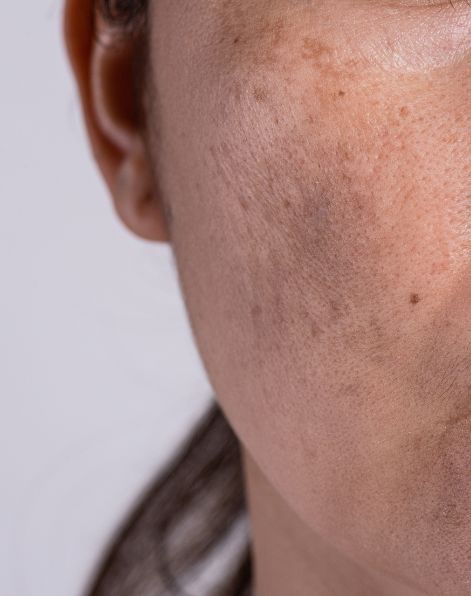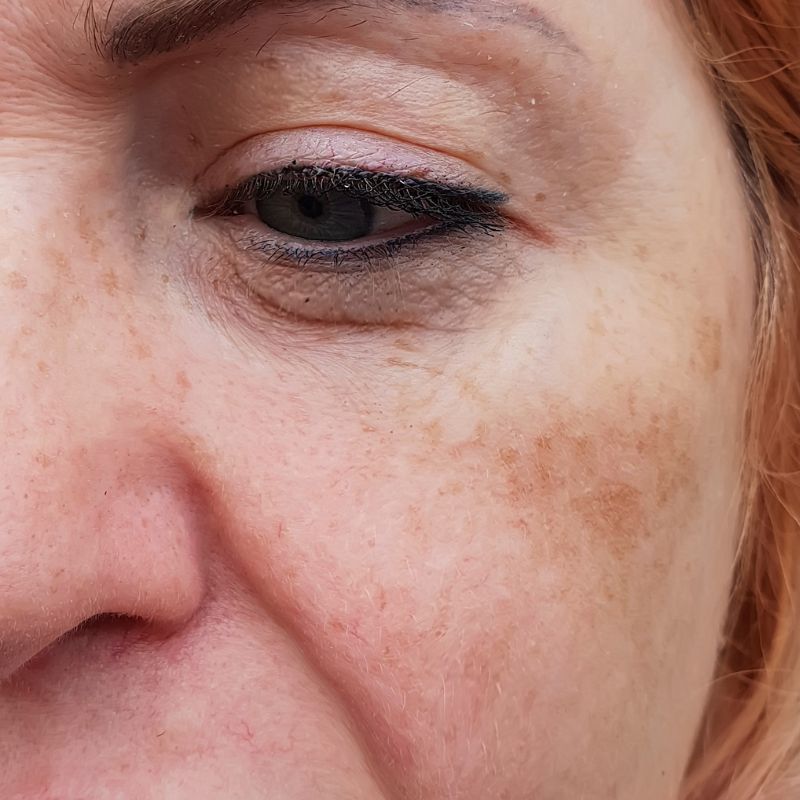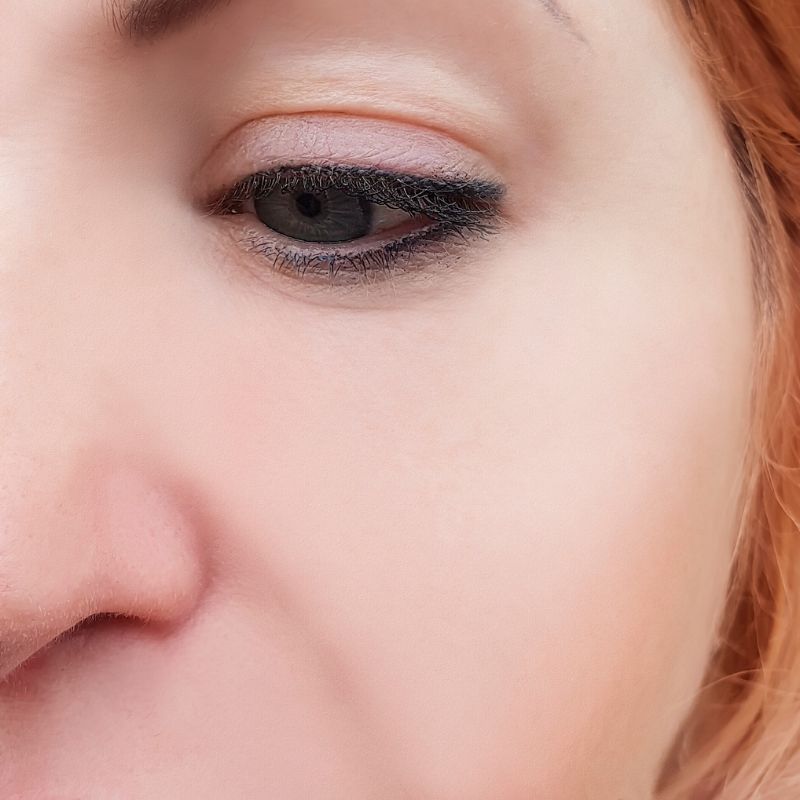Send us your enquiry
By clicking submit you are agreeing that you have read and understand Skinologic Clinic’s Privacy Notice


Pigmentation refers to the coloration of the skin, determined by the presence of a pigment called melanin. While a certain level of pigmentation is normal and natural, excessive or uneven pigmentation can be a common concern. Various factors such as sun exposure, hormonal changes, genetics, and skin injuries can lead to pigmentation issues. Understanding the different types of pigmentation and available treatment procedures can help you effectively address these concerns.
Understanding the types of pigmentation and available treatment procedures is essential in effectively addressing pigmentation concerns. Whether through chemical peels, microneedling, medical-grade skincare, or laser treatments, it is possible to diminish pigmentation, restore skin’s radiance, and achieve a more even complexion. Consulting with a skincare professional can help determine the most suitable treatment options for your specific needs, ensuring optimal results. Remember to always prioritize sun protection and maintain a consistent skincare routine for long-lasting benefits.


By clicking submit you are agreeing that you have read and understand Skinologic Clinic’s Privacy Notice
*Offer is only available for the first booking on all treatments. By subscribing you are agreeing that you have read and understand Skinologic Clinic’s Privacy Notice